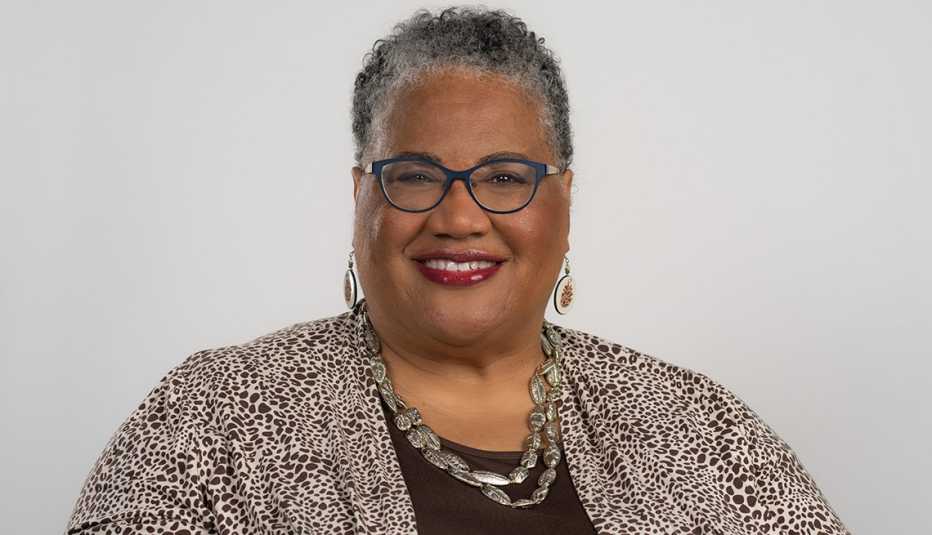Staying Fit


The Montana Racial Equity Project (MTREP) is a nonprofit, nonpartisan organization that works with individuals, groups, organizations, educational institutions, agencies and businesses to promote and create opportunities to build equity and justice for historically marginalized, disenfranchised and oppressed peoples in Montana. MTREP is the first and only Black-founded and -led and BIPOC-staffed organization of its kind in the state.
The problem I’m trying to solve
I am trying to interrupt racism whenever, however and in whatever form it is encountered. But racism is a huge, amorphous thing that’s everywhere and in everything. It’s too big for any one organization to solve on its own, but we can certainly take a bite and chew on it.
What we at MTREP have the capability to do is education and awareness. One of our programs teaches safe bystander intervention. Much racism happens out in public, and it can be subtle or obvious: someone accusing you of theft, being followed in a store just because you’re Black or Native American, or being called vile names. The person on the receiving end is often in a sea of whiteness when it happens, and no one is there to defend them. Through listening and dialogue, role-playing and situational analysis, we train people — primarily white — who know what they’re seeing is wrong, to recognize and then go to the aid of a person who’s being targeted. We also train Black/Indigenous/people of color (BIPOC) groups how to help one another safely.
The moment that sparked my passion
In 2014, when people were announcing presidential runs for 2016, a lot of racism was being ramped up around the nation, and some candidates were vocal about their desire to roll back voting rights and civil rights. At the time, I was traveling around the U.S. and talking to law enforcement executives about gun safety. Before that, I had been a cop for 13 years in Palo Alto, California. So I knew very well how the criminal-legal system — and society as a whole — treated people differently in terms of race. As a Black woman, I felt that I couldn’t just sit around and not do anything about this. There are so many people in Montana who could learn to be anti-racist, and I wanted to train them. They identified as liberal and felt they weren’t racist, but they were doing racist things. They meant well, but they weren’t doing well.
































































